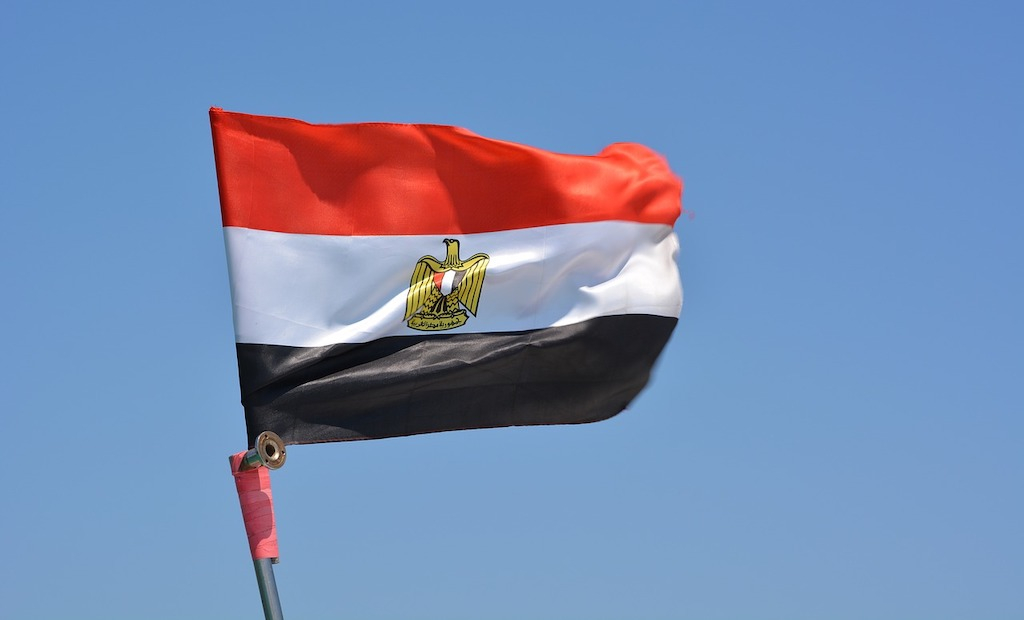Egypt votes in first democratic presidential elections

This weekend Egyptians are voting in a run-off election to designate the first freely elected President.
At the opening of the polls this morning there was no sign of the long queues seen during the first run, which took place last winter.
Nabil Abdul, a merchant interviewed outside a polling station, told AP: “The Revolution was stolen from us”. A growing number of those who took part in the revolution consider the choice between the two candidates uninspiring and are planning to boycott ballots.
There is confusion over what is at stake in the role of President because the constitutional responsibilities of the President are yet to be determined; more significantly, the Supreme Court has just dissolved the Parliament, creating a very strange background for the run-off election.
Moreover, whoever is elected will have no legislature to deal with initially. That makes the permutation after the elections all the more confusing beyond the straight choice between the two run-off candidates.
The Supreme Council of the Armed Forces (SCAF), who has run Egypt since Hosni Mubarak was forced to step down in February 2011, have vowed to hand over power to the winner by 30th June.
Egyptians face a difficult decision for their future between the secular, law and order choice or the riskier, but perhaps more forward looking choice: embracing the Muslim brothers.
The centrists were eliminated in the first round so what is left is a choice between a Muslim brother, Mohammed Mursi, or a throwback to the Mubarak regime, Ahmed Shafiq, who was Hosni Mubarak’s last Prime Minister.
Ahmed Shafiq stands for what certain political analysts sometimes call “the deep state”, the old law and order idea of commander control that was the system under Mubarak, and also who has been implicating popular policies in a rather lacklustre electoral campaign.
Mursi leads the political wing of the Muslim Brotherhood, which was the most powerful political faction in the new Egyptian government. He vows to support democracy, women’s rights and peaceful relations with Israel if he wins the Egyptian presidency.
But, as Isobel Coleman of the Council on Foreign Relations recently pointed out, he “represents the older, more conservative wing of the Brotherhood and openly endorses a strict Islamic vision.”
The Egyptian elections will determine a large security display, with over 400,000 soldiers and police to be deployed on the streets and several national and foreign organizations to oversee the electoral process.
Final results are due by 21st June, but the Higher Presidential Election Commission (HPEC) will probably declare partial results within 24 hours from the polling stations closure.
Annalisa Ratti

























Facebook
Twitter
Instagram
YouTube
RSS